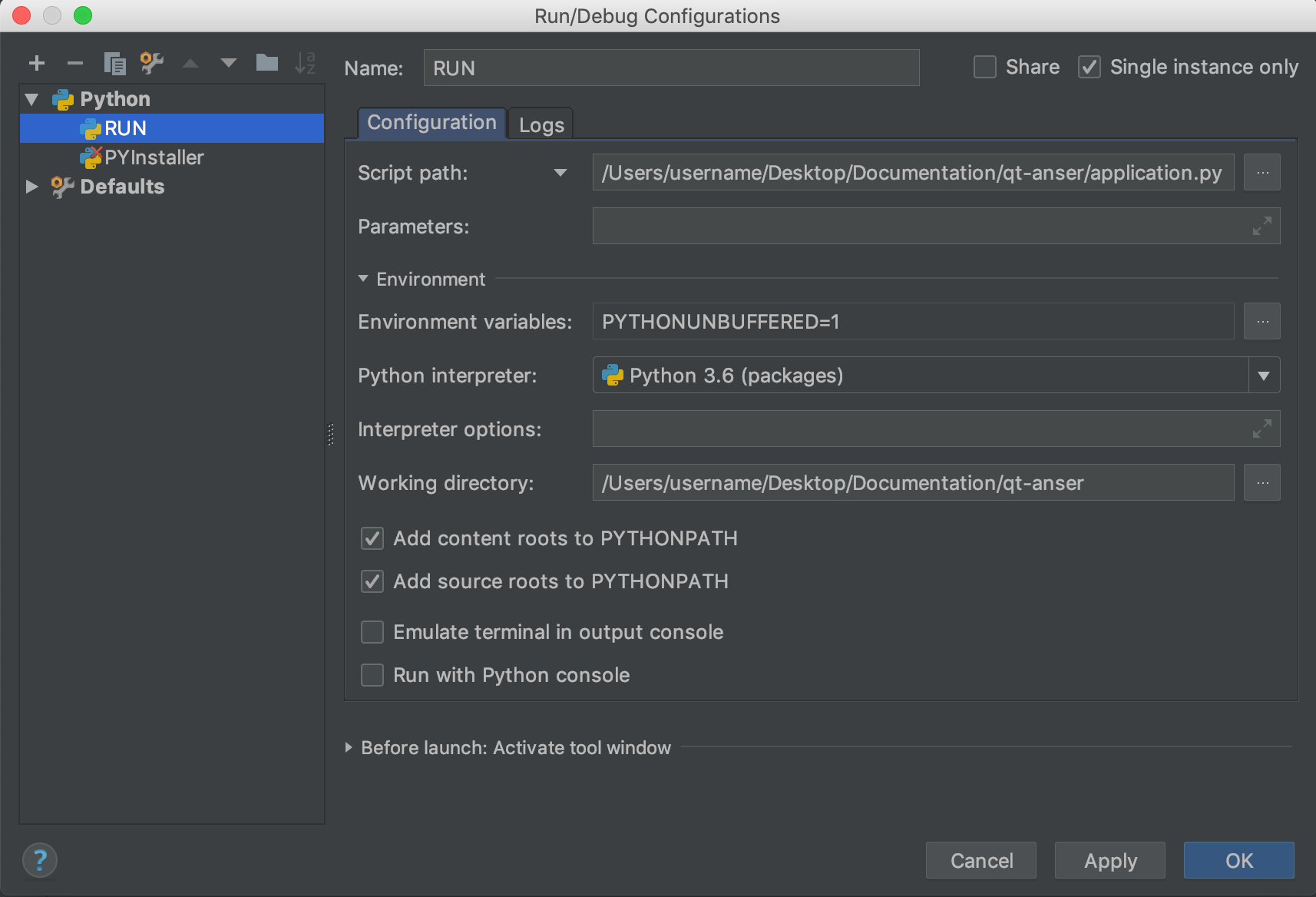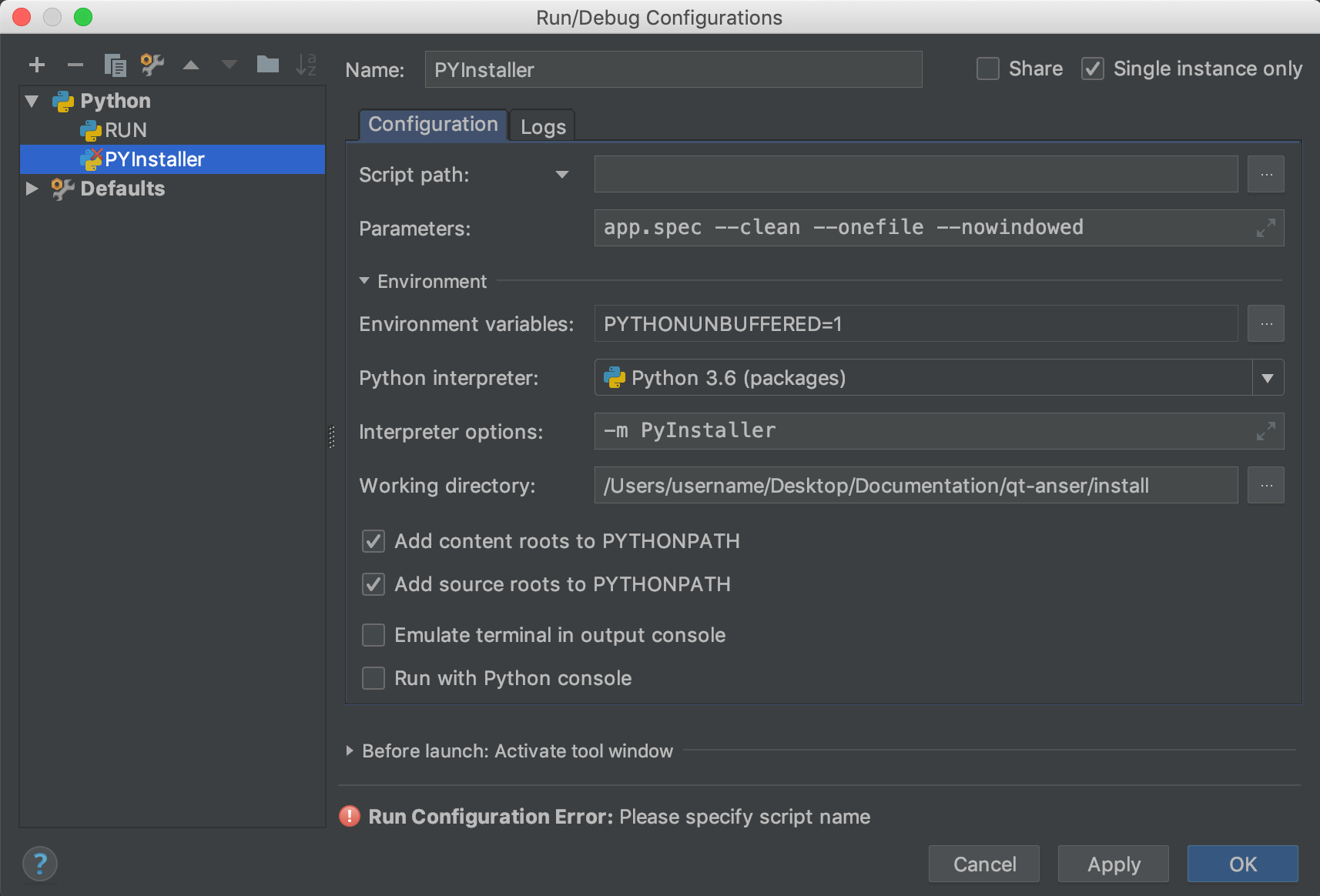Qt-Anser is the graphical user interface (GUI) for the open-source Anser electromagnetic tracking system based on the python-anser library. It is built using the PyQt platform and Pyqtgraph, a graphics tool for 2D/3D (OpenGL) visualisation.
The application is available on the Windows or MacOS platform and can be downloaded here.
A quickstart guide for the Application and Anser EMT system is also available here.
The application requires the latest version of NI DAQmx (available for Windows and MacOS). Please refer to the user manual for installation.
The documentation for Qt-Anser is available here.
- Qt-Anser is available on Windows and MacOS.
- Setup your Anaconda Environment and ensure Python version is 3.6.5
- The following packages can be installed using the pip package manager: PyQt5, QDarkStyle, scipy, numpy, numpy-stl, pyqtgraph, pyserial, ruamel.yaml, PyOpenGL, PyDAQmx, pyIGTLink, rx.
- Clone the github repository by typing the following command:
git clone --recursive https://github.com/AnserEMT/Qt-Anser.git - To build and run the application install PyCharm. Your setup should be as follows:
- In order to include the python-anser submodule in your project: in your project tree,
- right click on 'qt-anser' folder and click mark directory as ‘Sources Root’.
- right click on 'python-anser' folder and click mark directory as ‘Sources Root’.
Application packaging freezes or packages the program into a standalone executable (.exe) which makes it easier for users to the install application.
PyInstaller can be used for this purpose. The app.spec file contains the list of instructions to package the application. Your setup should be as follows:
This software project uses the following open-source packages SciPy, NumPy, PyDAQmx, PyQt, PyIGTLink, PyQtGraph, Rx, QDarkStyle.


